I love digging in the dirt. Something about the soil, and all that life teeming inside, makes me feel alive. I love to work in the garden with bare hands and feel all that moist, dark earth between my fingers.
I love the smell of freshly turned homemade compost after it’s been sitting for six months. (By the way, that sweet smell of dirt comes from an organic compound called geosmin—and it’s also what gives beets and carrots their earthy flavor.)
I don’t know what it is, but that sort of stuff makes me happy. I feel lighter and calmer, even when I haven’t crossed anything off my garden checklist.
As I’ve found out, sifting through soil is not only therapeutic, but also… pharmaceutic?!
Studies have shown that a bacterium in the earth, Mycobacterium vaccae, works like an antidepressant by releasing serotonin (the natural “happy drug”) in your brain, much in the same way that Prozac works. The mind-altering (but harmless) bacterium has been found to boost levels of serotonin and norepinephrine in both mice and humans.
That’s right: Science has found that dirt makes you happy.
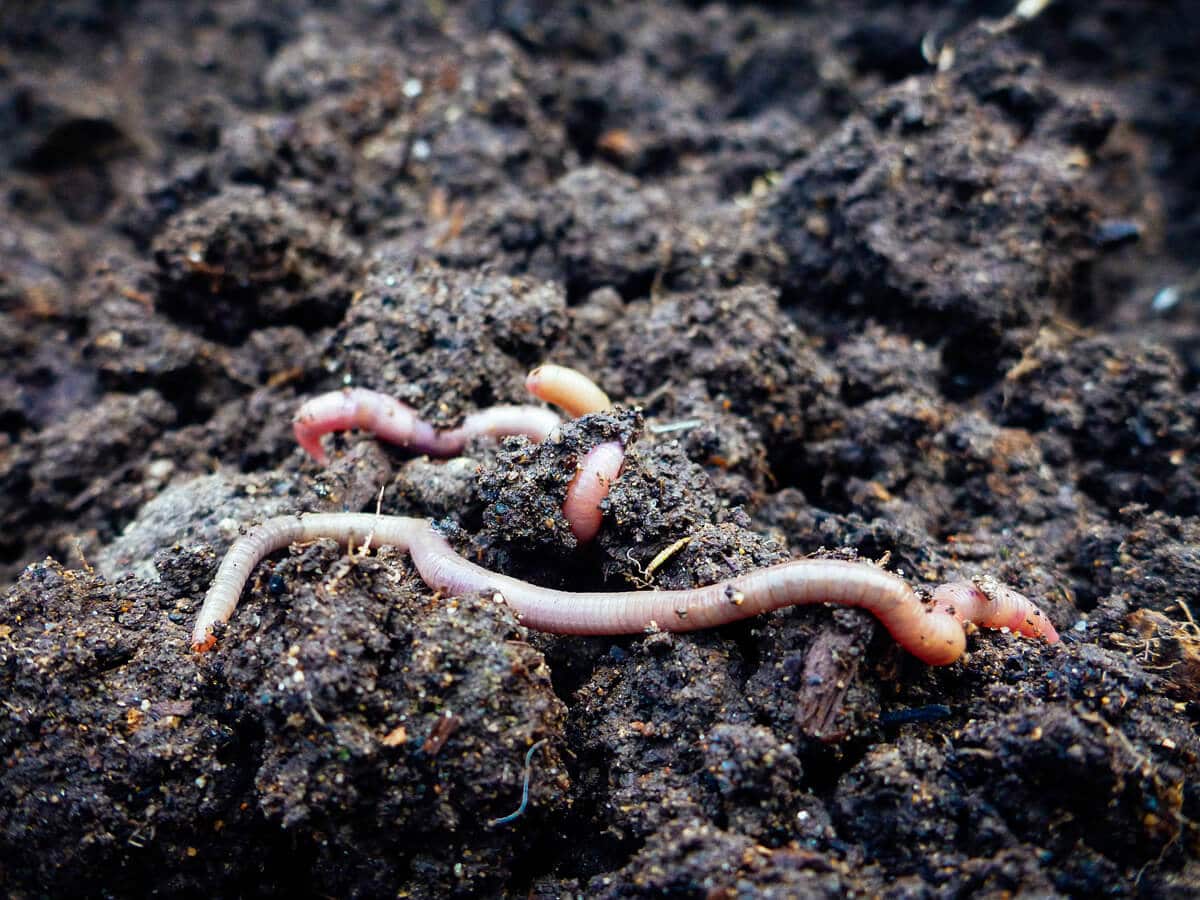
The science behind nature’s “happy drug”
The effects of M. vaccae were accidentally discovered over a decade ago by Mary O’Brien, an oncologist at Royal Marsden Hospital in London.
In an experimental treatment for lung cancer patients, Dr. O’Brien inoculated the patients with heat-killed M. vaccae. Though the treatment failed to increase overall survival rates in her patients, it succeeded elsewhere: the bacterial injections “significantly improved patient quality of life,” O’Brien wrote in the paper detailing her findings.
She observed that her patients reported less nausea and pain, better cognitive functioning, and an overall greater sense of well-being and happiness—in short, it reduced the emotional toll of advanced cancer.
Following Dr. O’Brien’s trials, Christopher Lowry, a neuroscientist at University of Bristol in England, conducted an experiment with mice and found that the immune response to an injection of M. vaccae induced the brain to produce serotonin.
The results were significant because they offer the possibility that clinical depression could be treated with what is essentially a vaccine.
Secondly, the vast effects of our natural immune response to this wonder bug could be further explored as a treatment for not only cancer and depression, but also Crohn’s disease and rheumatoid arthritis.
In a 2010 study by Dorothy Matthews and Susan Jenks of The Sage Colleges in New York, mice were fed live M. vaccae (smeared on little peanut butter sandwiches—mm mmm!) and found to have lower levels of stress and higher levels of learning.
Their improved mood and performance continued for a few weeks, even after the bacterium was removed from their diet. Though the effects were temporary, they proved a link between M. vaccae boosting serotonin, and serotonin playing a role in learning.
More recently, a 2019 study identified a unique anti-inflammatory lipid from M. vaccae that induced anti-inflammatory responses in the brain, on top of the bacteria’s immunoregulatory and stress resilience properties.
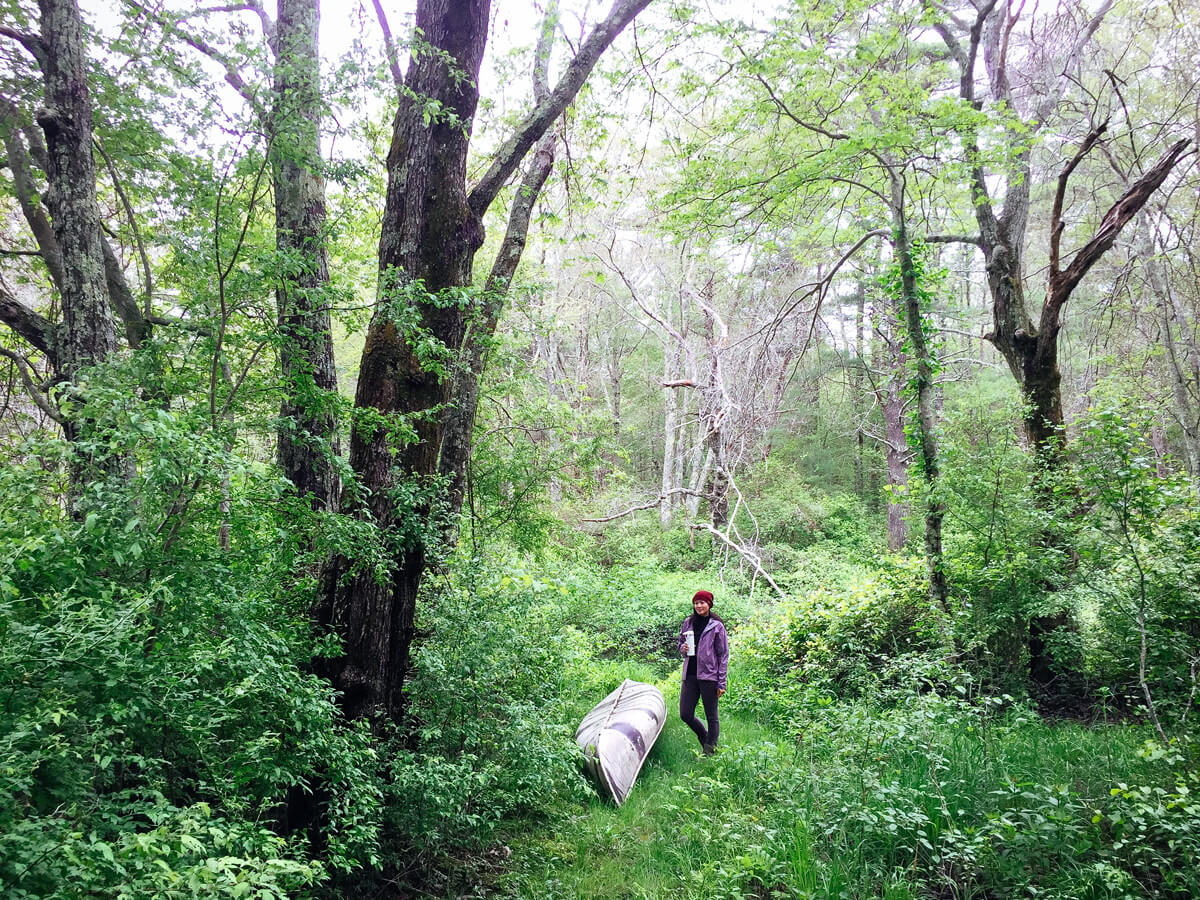
What being outside does to the body
It’s long been thought there are things in the soil that are out to kill us. Right? Everything from soil-dwelling bacteria to disease-causing pathogens seem out to get us if we so much as dug our hands in the dirt and didn’t wash them afterward.
“Germs are bad!” is what we’ve all learned from an early age.
But along with those bad microbes are the good microbes: the ones that reduce allergies and asthma in children who grow up on farms, boost our immunity, and regulate our emotions.
The Japanese call this physiological and psychological benefit shinrin-yoku, or forest bathing. It involves no water, and it’s not necessarily a hike in the forest. Shinrin-yoku is the process of slowing down and immersing yourself in the smells, textures, tastes, and sights of the forest (or anywhere outdoors that surrounds you in nature—it could even be a quiet local park).
Several studies have shown the immediate benefits of forest bathing to be promising: One found that a walk in the forest lowered blood pressure. Another found that inhaling certain aromatic volatile compounds from trees (such as pine and cypress) enhanced the activity of white blood cells called natural killer cells, which help fight infection. And another study showed that inhaling the scent of cedar, in particular, significantly reduced stress hormones.
Related: Create your own forest wonderland with these fast-growing trees
And then there’s the soil itself.
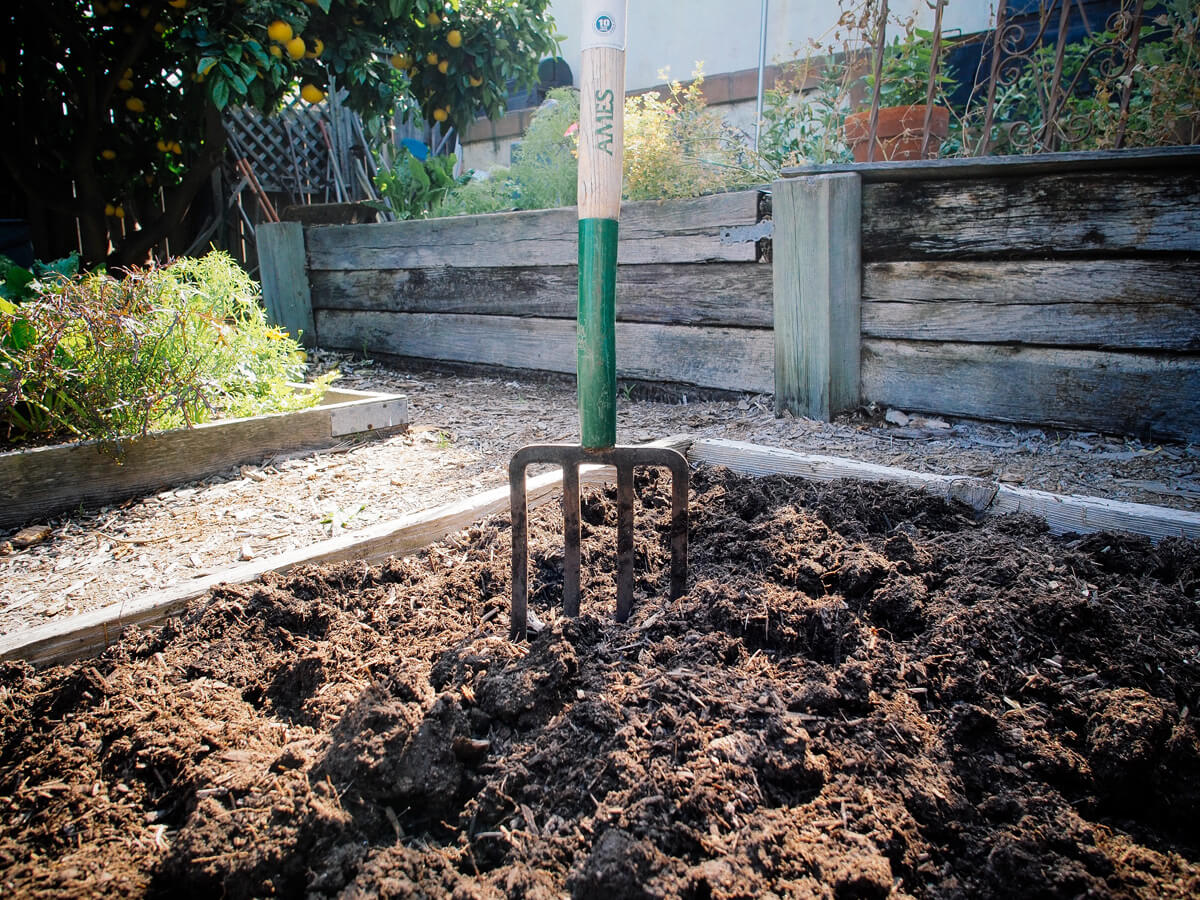
Harnessing the health benefits of soil
In productive garden soil, there can be anywhere between 100 million and 3 billion bacteria in a gram (about a teaspoonful). These hard-working microbes do everything from fixing nitrogen to decomposing material in the soil.
Now, they’re even responsible for lifting your mood and making you smarter. (And if those experiments with mice are any indication, these natural effects may last up to three weeks after smelling, touching, or getting M. vaccae bacteria in your bloodstream through a cut.)
Read more: The smell of rosemary can actually make you smarter, per science
These same antidepressant microbes in soil are what make us so happy when we’re gardening. (Yep, there’s a new study on that too.)
In fact, Princeton researchers found that household gardening was the only activity where women and people with lower incomes reported higher emotional well-being than men and people with medium and higher incomes—a high equated to biking or dining out. This was all studied before the world turned upside-down in 2020 and everyone started gardening, and the benefits extended across racial boundaries with no differences found between urban and suburban gardening, gardening alone, or gardening with others.
Even more interesting? Vegetable gardeners had even higher reports of happiness and meaningfulness over those who grew mostly ornamental plants.
Learn how to grow more food with less work—I’ll show you how with my tried-and-true Lazy Gardening techniques.
But really, it all comes down to dirt. Or should I say, soil—the living, breathing organism that supports all the plants we love.
So whether you take a walk in the woods, play in the mud, or run your hands in the soil—especially after a good rain—you can dose yourself with nature’s happy pill just by breathing in the smell of fresh, clean earth.
“High on life” has a totally new meaning now!
This post updated from an article that originally appeared on June 8, 2012.


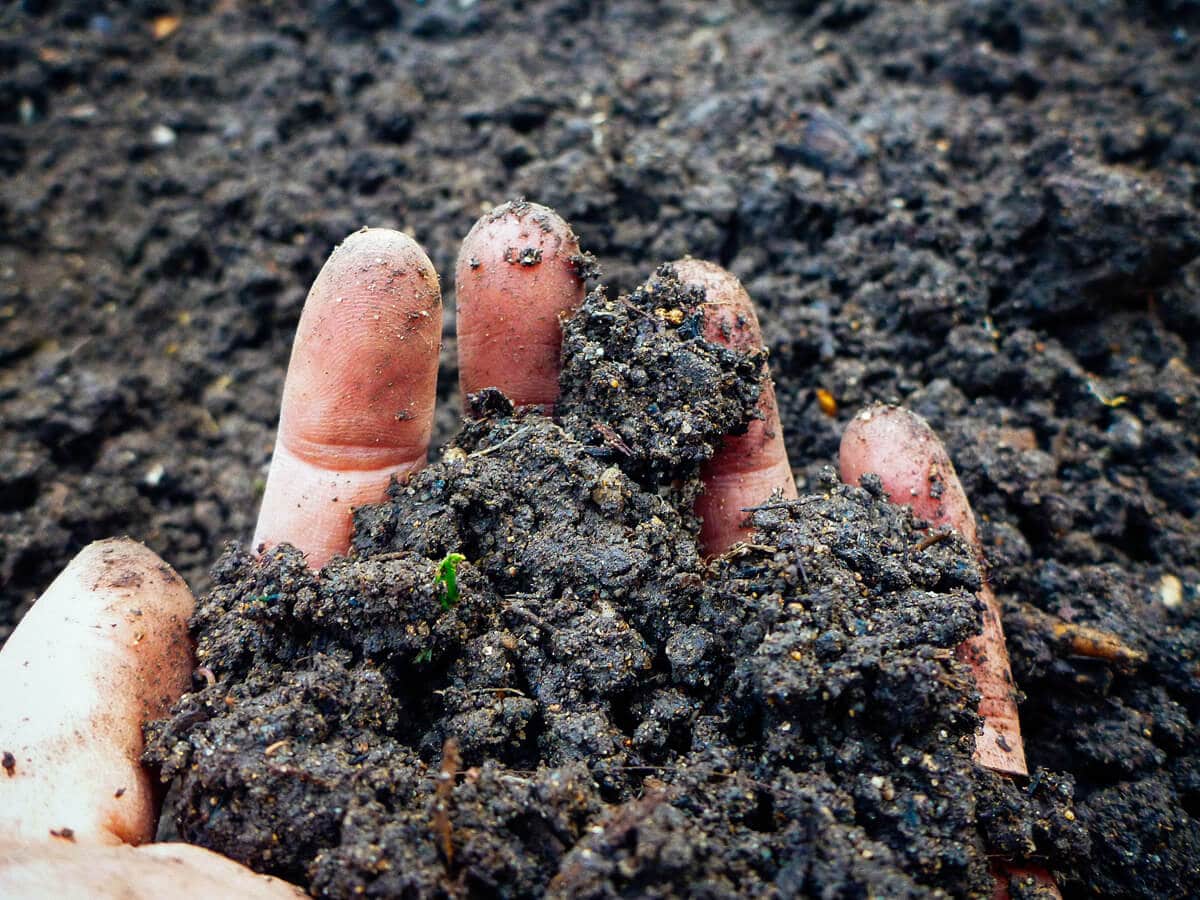
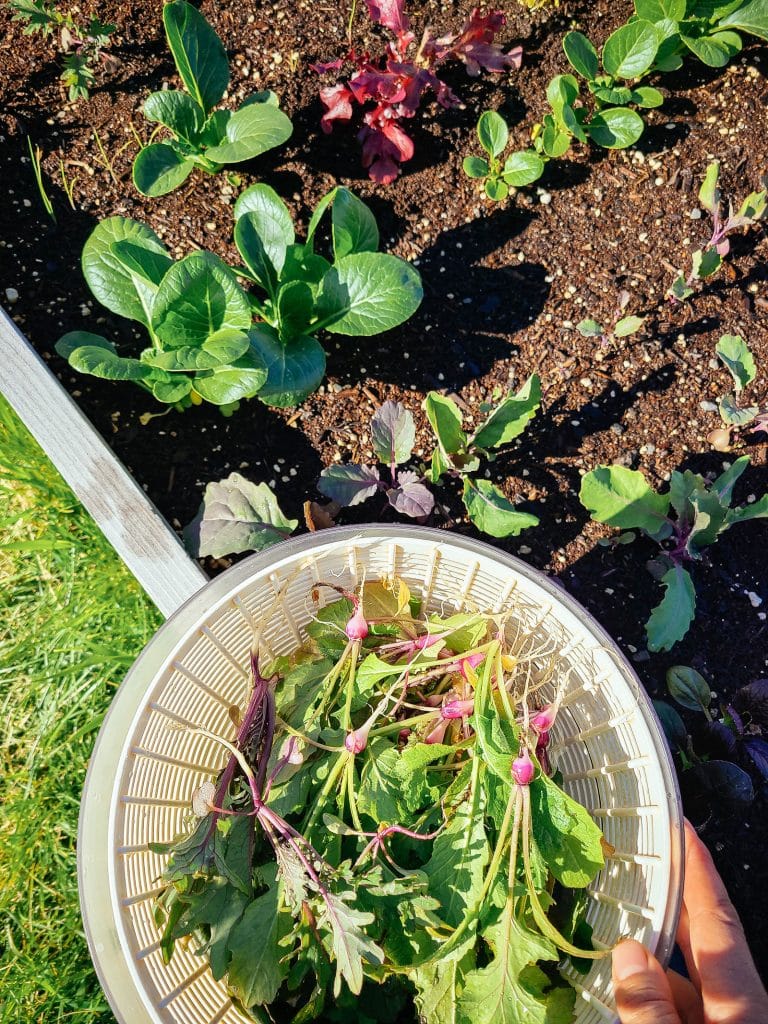
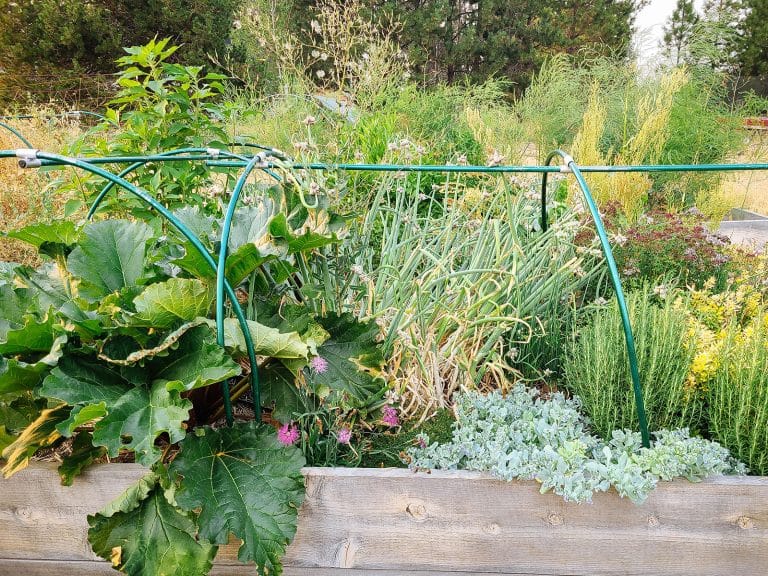
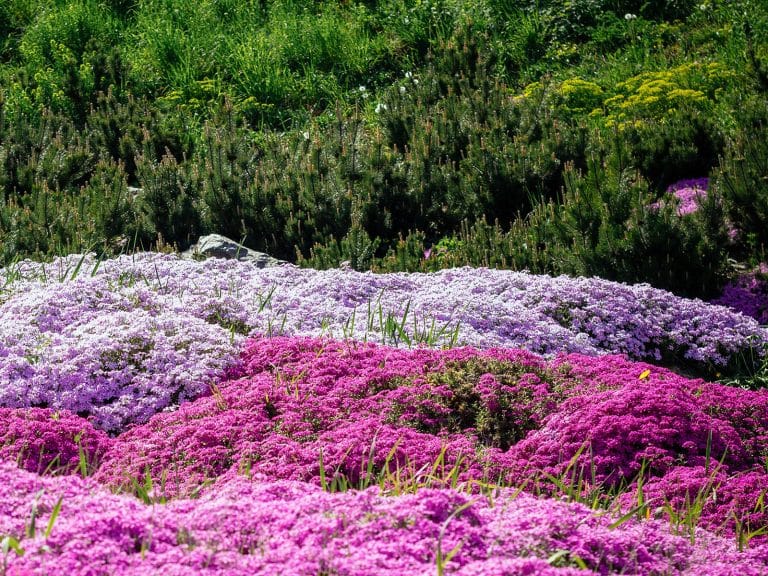
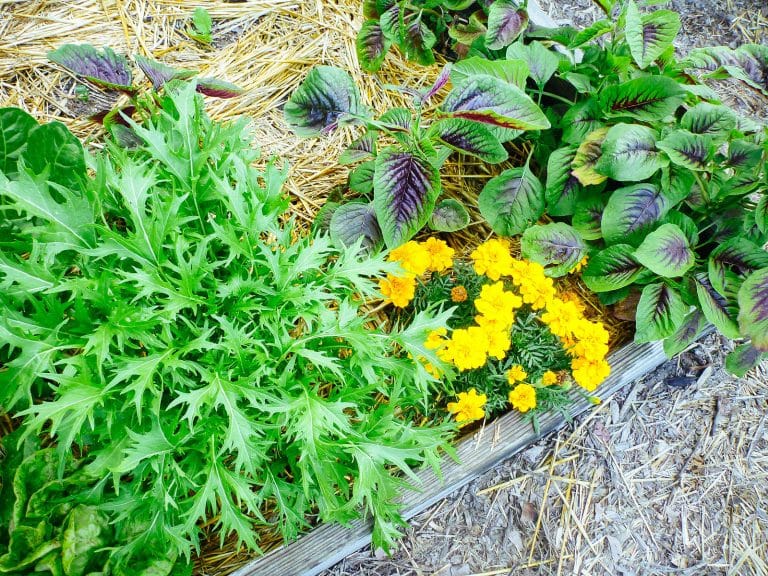
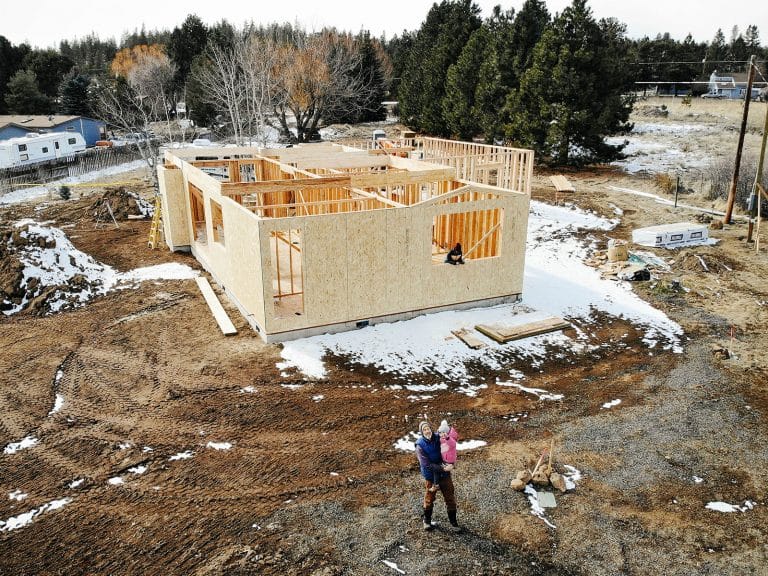
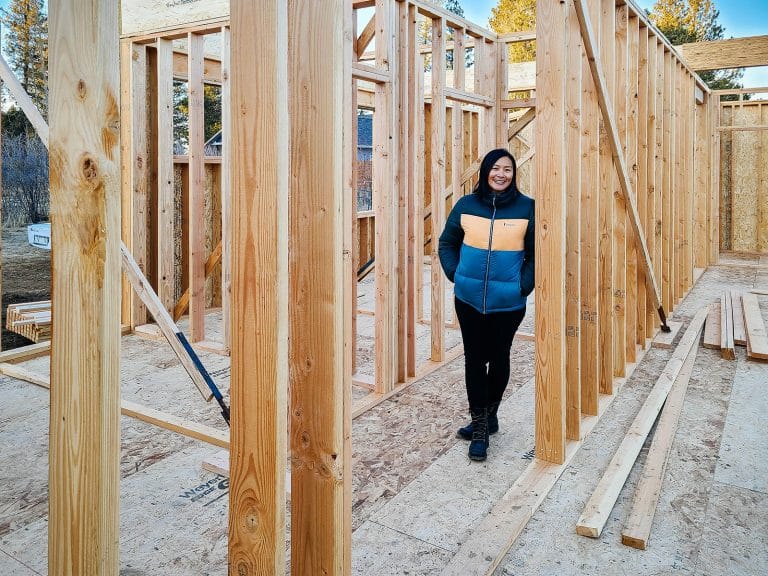
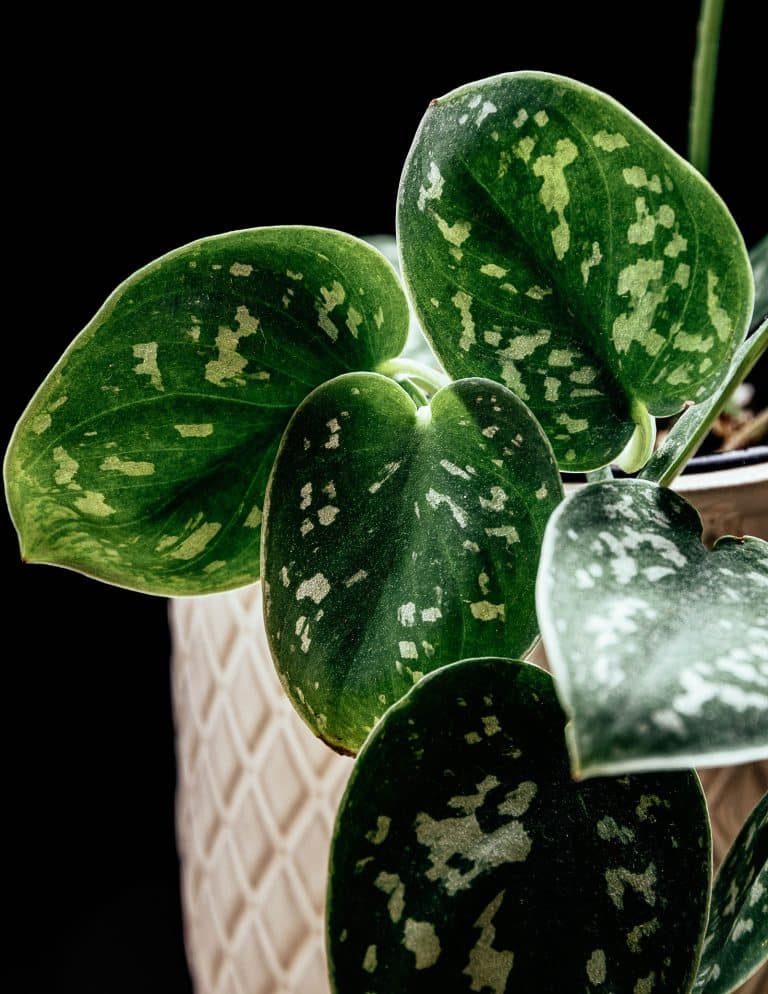
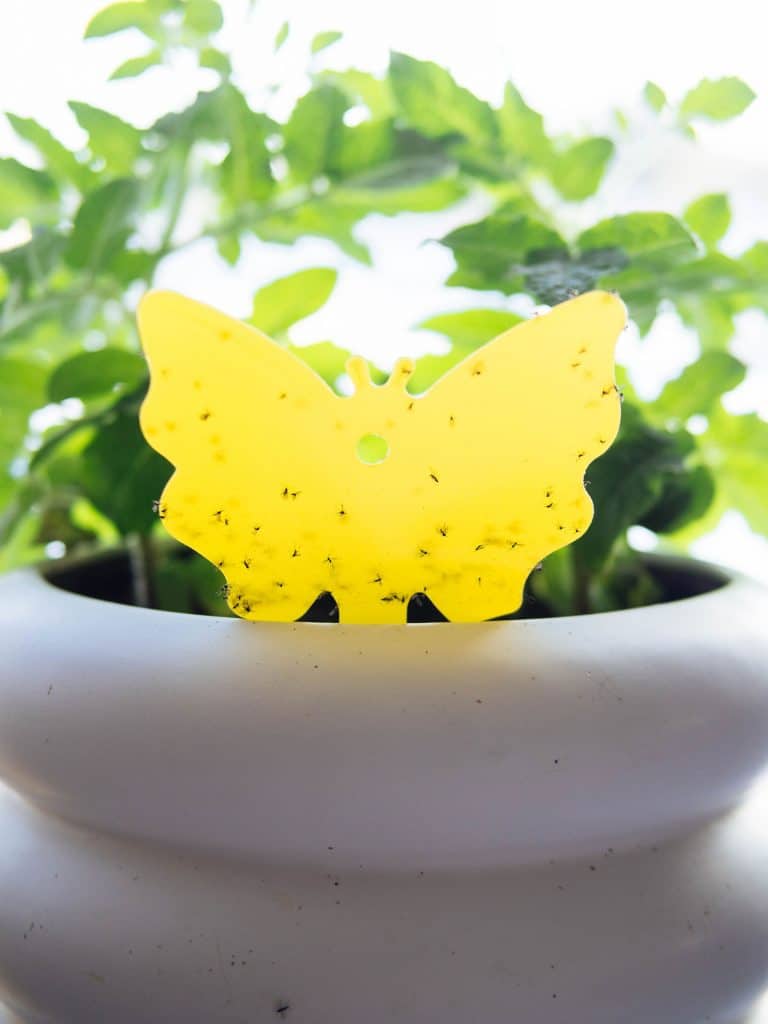
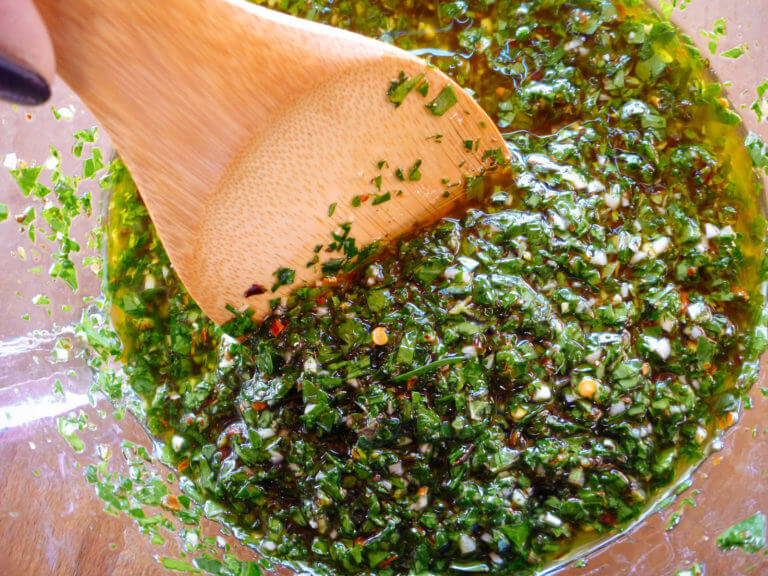
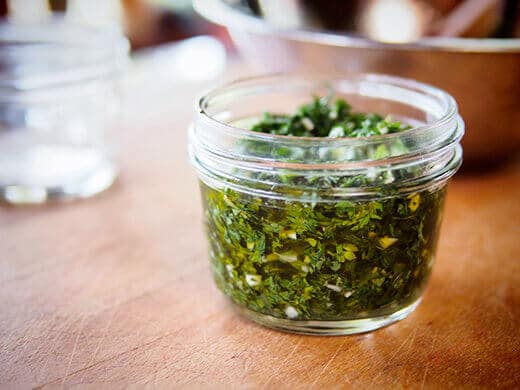
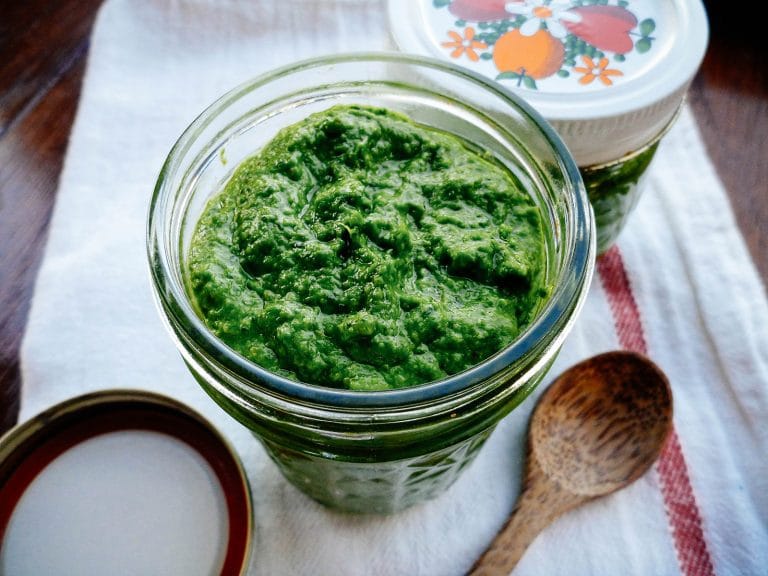

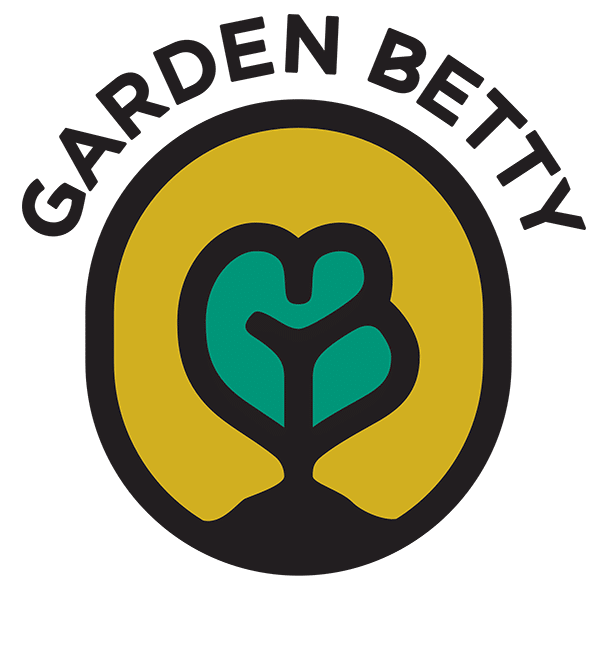
A word of caution about ‘getting soil into your bloodstream’. My ex got an infected finger through a small cut while handling soil in the garden. The local city hospital could not deal with it. She had to get a train to Birmingham, over 50 miles away, where she was kept in for a week for treatment. It was serious!
Have you heard of “Earthing”?
See Clinton Ober’s book.
I believe this all boils down to the same thing- Dirt is a grand medicine!
Wonderful info! No wonder the garden is my “therapy”. Thank you!
This sounds like it ties in with “grounding”. Can’t wait for spring and digging in the dirt!
wow, who knew? I think I’ll go play in the dirt now!